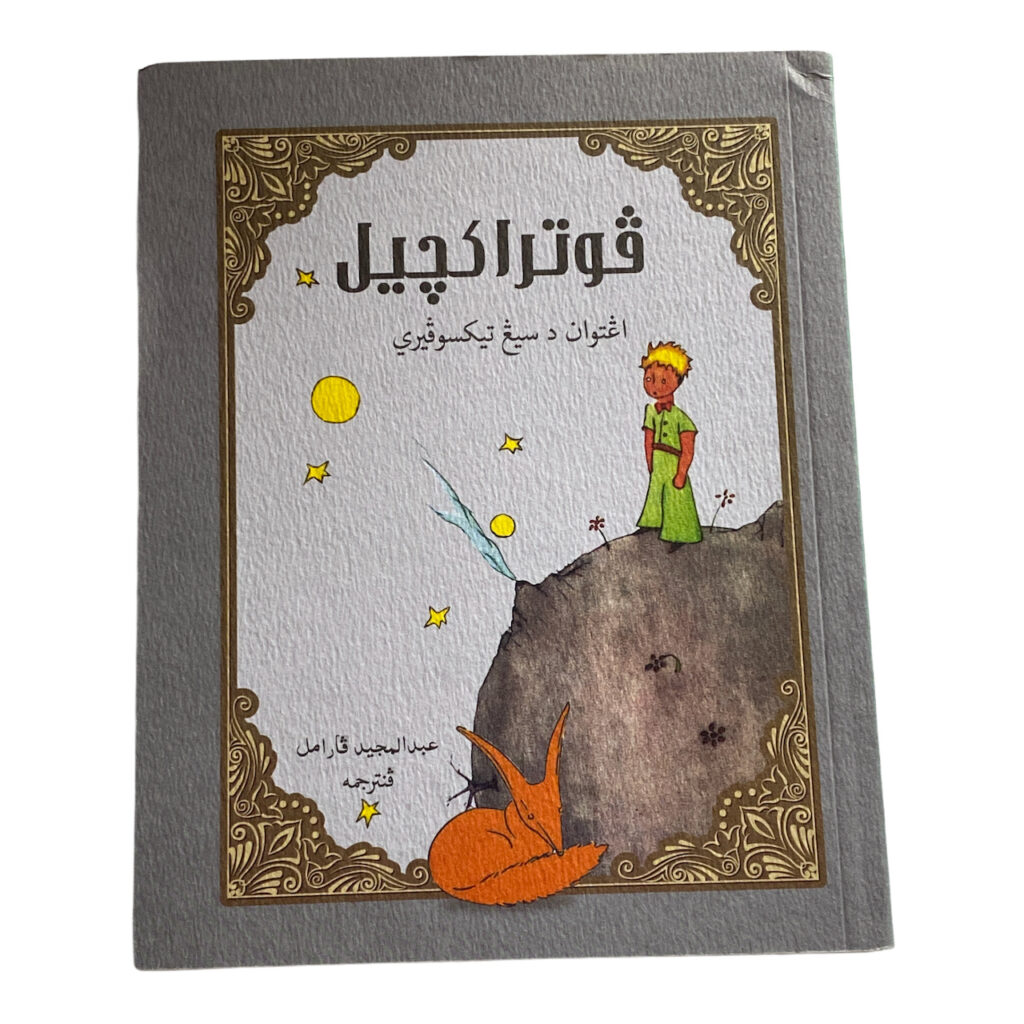
ڤوتراكچيل / Putra Kecil in Pattani Malay.
The Pattani language, also known Jawi, is a variant of the Malay language spoken in the deep south of Thailand, particularly in the Pattani, Yala, Narathiwat, and parts of Songkhla provinces. This region, historically part of the Pattani Kingdom, has a distinct Malay-Muslim cultural identity that differs from the predominantly Buddhist culture of the rest of Thailand. The Pattani language is part of the larger Austronesian language family.
The Pattani language shares many linguistic features with Standard Malay and Indonesian, including grammar, vocabulary, and syntax. It also includes local influences and loanwords from Thai, Arabic, and other languages, reflecting the multicultural and multilingual environment of the Pattani region.
Pattani Malay is traditionally written in the Jawi script, an Arabic-based script adapted for the Malay language. This script includes additional characters to represent sounds not present in Arabic. While the use of Jawi script has declined in favor of the Latin alphabet in other Malay-speaking regions, it remains in use for religious, cultural, and some educational purposes in the Pattani region.

The Pattani language faces challenges related to political, social, and educational factors. The region has experienced conflict and tension stemming from cultural and religious differences with the central Thai government, which has impacted language rights and preservation efforts. Despite these challenges, there are ongoing efforts to revitalise and maintain the Pattani language and its cultural heritage, including language education programs and cultural activities that promote the use of Pattani Malay and the Jawi script.


